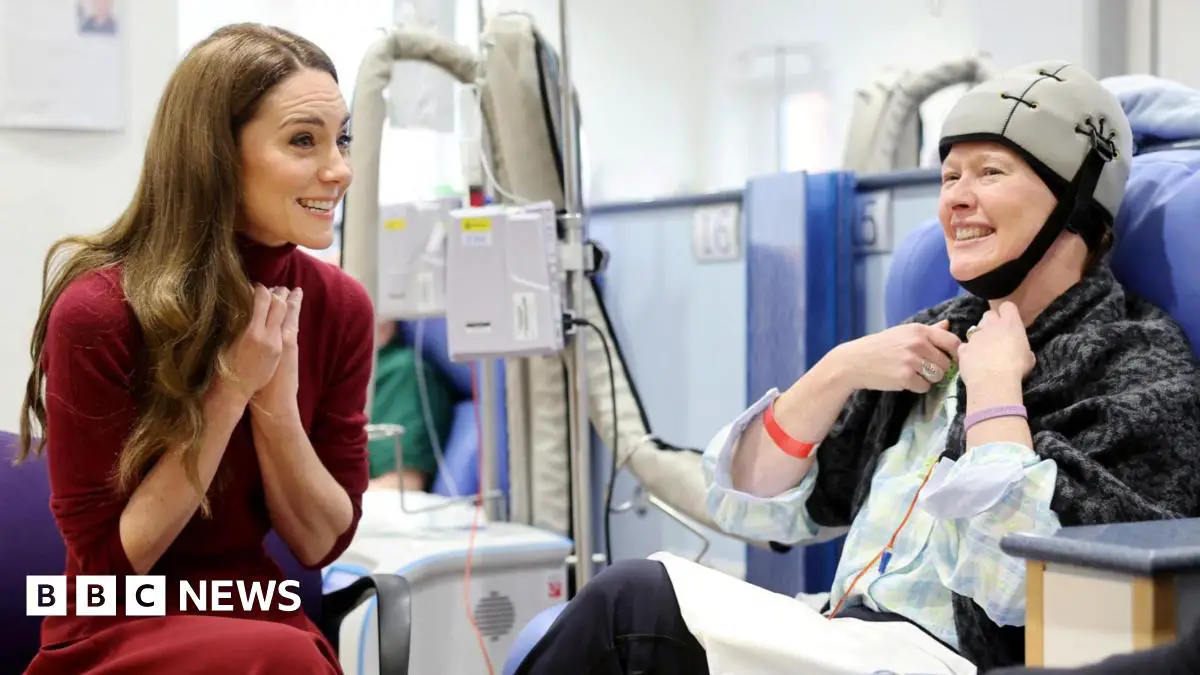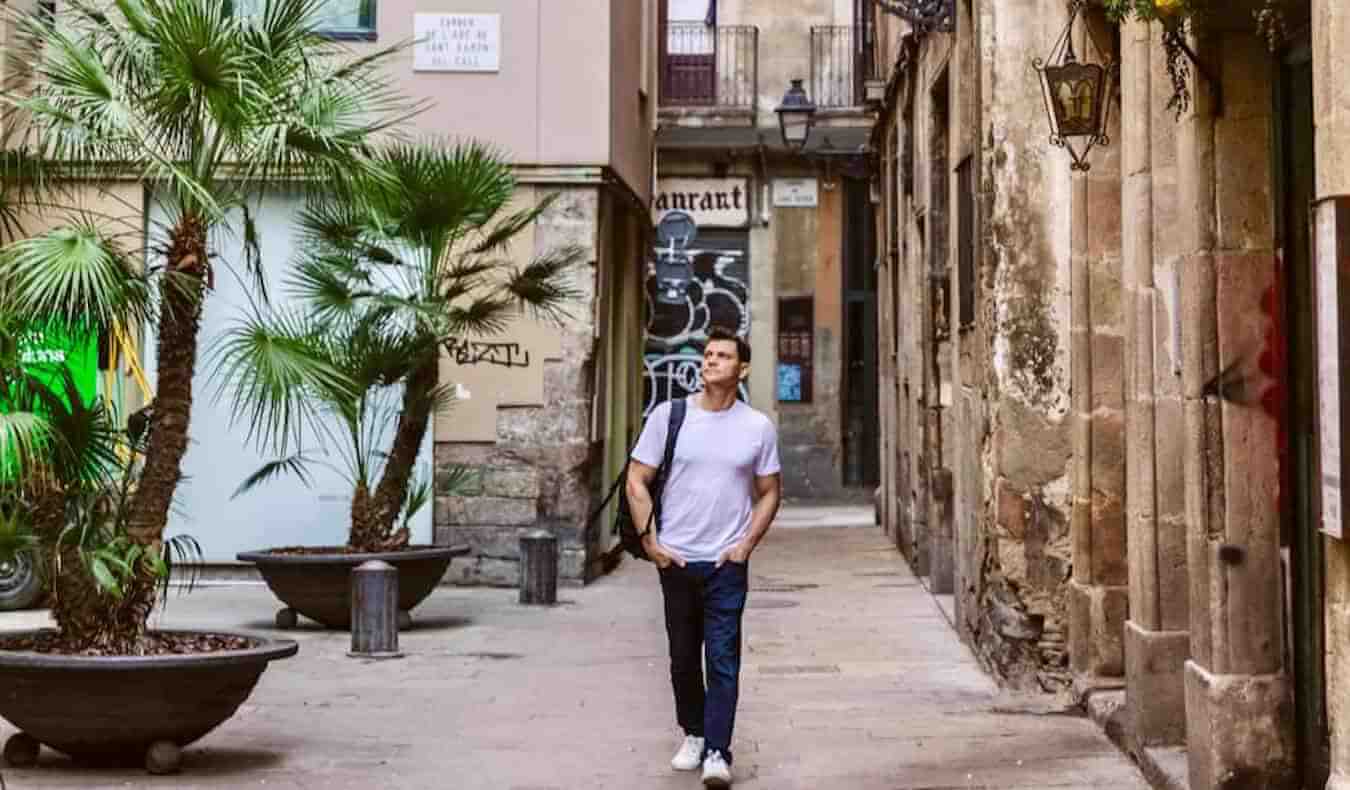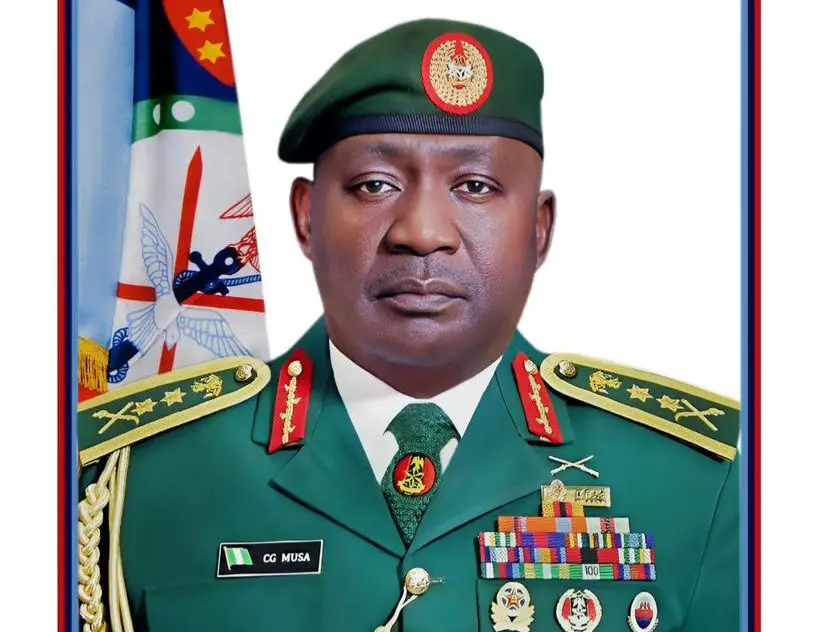A labour of love, Ihor Ivanko’s documentary pays tribute to his grandfather Leonid Burlaka, a prolific Ukrainian cinematographer during the golden days of Soviet cinema. Having inherited his love for images from Burlaka, Ivanko comes across another heirloom as he discovers rolls of undeveloped films at his grandparents’ summer home. These forgotten treasures carry the traces of Burlaka’s life, and the remains of a bygone film-making era.
Many of these black-and-white photos are discoloured and damaged, leaving behind evocative swirls and patterns; in closeup, these imperfections conjure a form of visual map that bears the mark of time. Through this marvellous archive, we get a glimpse of Burlaka as a student at the prestigious VGIK film school in Moscow, and later on as a cameraman on various movie sets including 1979 TV hit The Meeting Place Cannot Be Changed. Cutting an athletic figure, the strikingly handsome man in these fading images seems a world away from the older Burlaka, now dealing with the onset of dementia.
Film, then, becomes a means of preserving history on both a personal and collective level. Burlaka’s work for Odesa Film Studio between the 1960s and 1980s encapsulates a unique period in Soviet cinema; paradoxically, these movies were made under strict ideological conditions, yet they also represented a boom in domestic production in the region on a large scale. As material, however, film is no less fragile than human memory; it, too, is prone to deterioration and loss. Beginning as a portrait of one man, Ivanko’s documentary expands its horizon to take in the importance of film conservation. The survival of an artwork can promise not only the immortality of its creator, but also the continuation of a culture.








